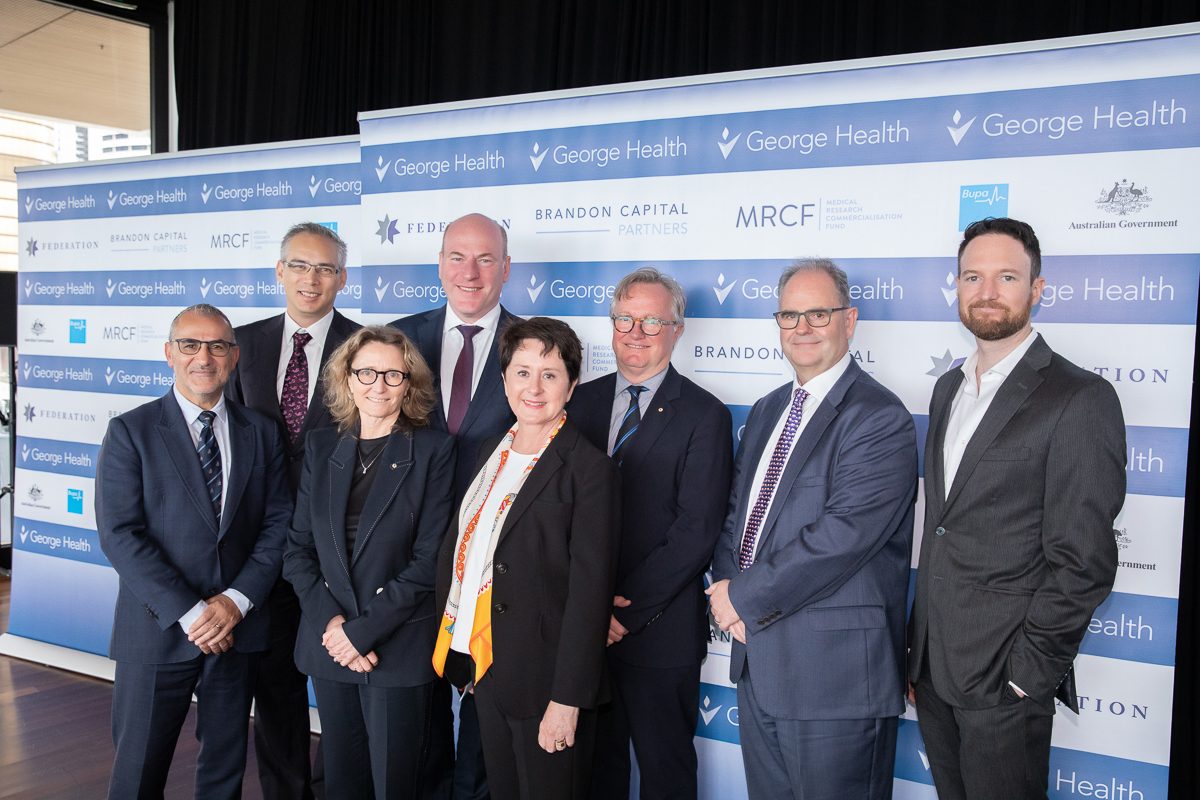Today is world kidney day; a global day of action to raise awareness of the importance of our kidneys to our overall health. The theme this year is Kidney Health for Everyone Everywhere- from prevention to detection and equitable access to care. Crucially, kidney disease can be prevented and progression to end-stage kidney disease can be delayed with appropriate access to basic diagnostics and early treatment
The leading cause of end-stage kidney disease world-wide is type 2 diabetes (T2D). In Australia it is estimated that around 1.7 million people have T2D and in addition to an increased risk of kidney disease are also at an increased risk of heart disease and strokes.
A new study in people with diabetes suggests that 1 in 20 people will develop kidney disease each year and that this increases to 1 in 4 each year in people aged 85 years and over. With an ageing population these findings have an important flow on effect on our health system.
George Institute for Global Health researchers found that in addition to the known risk factors for kidney disease such as age, high blood pressure and obesity, having a history of cancer also increased the risk of developing the disease.
Lead author, and PhD Candidate at the George Institute Dr Louisa Sukkar said that being able to identify people with diabetes who are at increased risk of developing chronic kidney disease (CKD) was a key step to improving health outcomes in this high-risk population.
“While there are factors we don't have control over that increase the likelihood of getting kidney disease - like age - there are also factors we can control which is where we should focus our prevention efforts,” she added.
The study published in Diabetes Care included more than 9,000 Australians aged 45 years and over with diabetes who were followed up for an average of just under six years. Around two thirds of participants were living in a major city, just over a quarter in inner regional areas and less than ten percent in outer regional and remote areas.
The most important factors that were found to increase the risk of kidney disease included:
- High blood pressure - compared to people who don't have high blood pressure, those who do, had a 1 in 2 chance of getting kidney disease.
- Obesity - compared to someone of normal weight, those with a BMI over 30 had a 1 in 3 chance of getting kidney disease.
The study found that a history of cancer was also predictive but that further studies were needed to understand why that is.
“We also found that risk increased by over a third for those living in outer regional or remote areas, but this wasn’t related to measures of disadvantage. We think it might be due to poorer access to healthcare and preventative programs in those areas,” said Dr Sukkar.
Factors that lowered the risk of kidney disease included having better kidney function to start with and having a partner.










